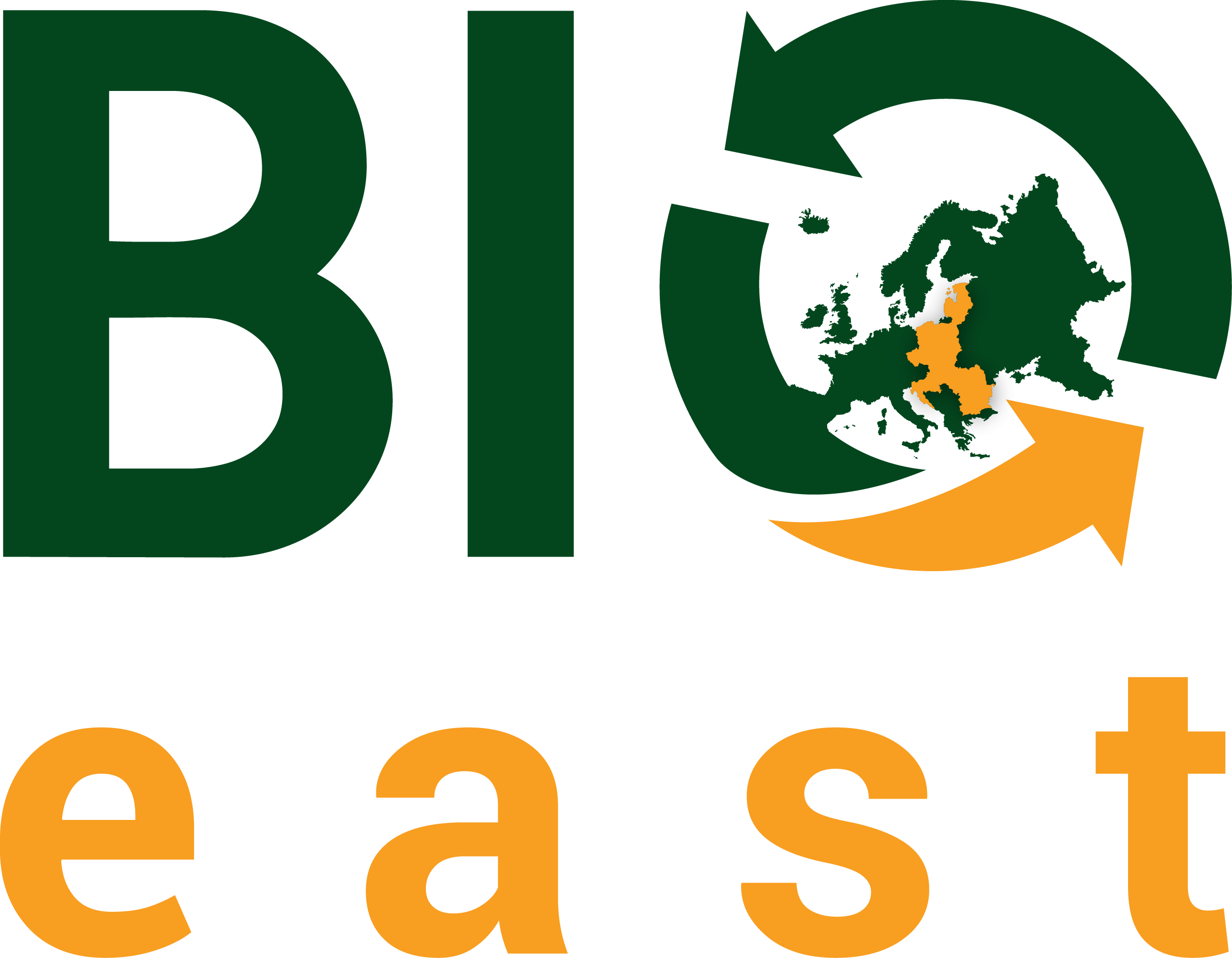The Institute of Agricultural and Food Economics of National Research Institute of Poland hereby invites you to their 23rd International Conference on the CAP and national priorities within the EU budget after 2020. The conference is organized under the third edition of the Multi-Annual Program.
It is our great pleasure to invite you to the 23rd International Conference on behalf of the Organizer, Institute of Agricultural and Food Economics – National Research Institute of Poland.
The theme of the conference will be The CAP and national priorities within the EU budget after 2020. The conference is organized under the third edition of the Multi-Annual Program. The first one, implemented in years 2005-2009, was entitled “Economic and Social Factors Conditioning Polish Food Economy Development after Poland EU Accession”. In 2011-2014 our attention was focused on “Competitiveness of the Polish food economy in the conditions of globalization and European integration”. The current program being implemented in years 2015-2019 is entitled “The Polish and the EU agricultures 2020+. Challenges, chances, threats, proposals”.
The conference will be held from 11th to 13th June 2018 at the Krasicki Hotel (http://www.hotelkrasicki.pl/) in Lidzbark Warmiński near Olsztyn (in Warmian-Masurian Voivodeship, northern Poland).
The Common Agricultural Policy was and is still one of the most important pillars of European integration. The aims of the CAP resulted from the Treaties, supplemented during its long-lasting reforms with the broad catalogue of public goals, are still consistent and valid. The European agricultural policy meets in the complex manner the main challenges, such as competitiveness, innovation in the agri-food sector, the multi-functional and sustainable rural development, food security and food quality, the public concern about the environment and public goods. The conference entitled “The CAP and national priorities within the EU budget after 2020”, organized by IAFE-NRI, focused on many achievements and experiences resulting from the implementation of the agricultural policy in the EU countries as well as the challenges and economic, environmental and social dilemmas which are faced by the agri-food sector and rural areas in XXI century, will be an important contribution in the discussions about the EU budget after the year 2020. The considerations are expected to be a part of a debate at the EU forum over the scope of regulations and financing of the CAP in the future.
The focus of the conference will be on the following issues:
1. Finances and the budget versus the agri-food and rural policies.
Examples: The main challenges, aims and instruments of the CAP; the CAP in future and the expected directions of changes; the transmission of financial and fiscal stimuli to the agricultural and food sector; responses of the real sphere to financial and fiscal shocks; financization of the food sector – reasons and effects; financial and budgetary aspects of internalization of externalities and providing of pure public goods; the change in the direction of the agricultural policy as a source of institutional risk (the change of the policy and undeserved public aid); measurement of the efficiency and effectiveness of the budgetary and financial policy.
2. The national agri-food and rural strategies of adjustments to financial and budgetary restrictions.
Examples: proposed solutions in the main areas of the national agricultural policy; measurement of the budgetary support and the public aid for the agri-food sector; multiplier effects and the stabilization of the economic cycle, revenues and incomes in the conditions of globalization; the regulation of liquidity and the holistic risk management; generating of the value added in food chains; federalization/decentralization of agricultural budgets – examples; value chains in agricultural and rural finances; methods of planning and controlling of regional strategies for agricultural policies and rural development – experiences of the EU countries.
3. Responses of farms, rural households and food industry enterprises to the financial and budgetary restrictions.
Examples: financial, investment and risk management strategies; financial engineering; optimization of financial structures; business paradigms and models; financial instruments and the multiplication of value added by usage of products and services of financial institutions; flexibility and shock resistance; new economic models for rural areas (e.g. economy, co-divided consumption).
4. Paradigms of the modern EU agriculture and their operationalization.
Examples: sustainable agriculture (measurement and operationalization); prospects of eco-management; challenges of the smart agriculture paradigm; chances and challenges of digital transformation in the rural sector; the role of innovation in agriculture and food industry.
5. Adaptability of farms in the EU countries to the processes in the world’s food economy versus budgetary restrictions in the new financial perspective of the EU.
Examples: farm management in changing conditions; ongoing globalization observed in agricultural markets and the market of production means; climate change; new achievements of biotechnology and agricultural chemistry; changes in consumption patterns; adaptation processes, concentration processes and economies of scale.
Prospective authors are invited to submit full and original research papers that have not been published or submitted for consideration elsewhere. The conference papers will be published in the reviewed book series of the Multi-Annual Program after conference. The official languages during the Conference will be Polish and English, with simultaneous translation.
Important deadlines:
28th March 2018: submission of the paper abstract (up to 1000 characters, including spaces)
16th April 2018: notification of paper acceptance
August 2018: submission of full papers
October 2018: publication
Organizers inform you that the Conference cover the conference fee including the cost of accommodation during the Conference and the travel cost from Warsaw to the place of the Conference.
Please let Organizers know about your ability to participate in this event using e-mail address: conference@ierigz.waw.pl
For additional information about the Conference please click here.
Labels:
